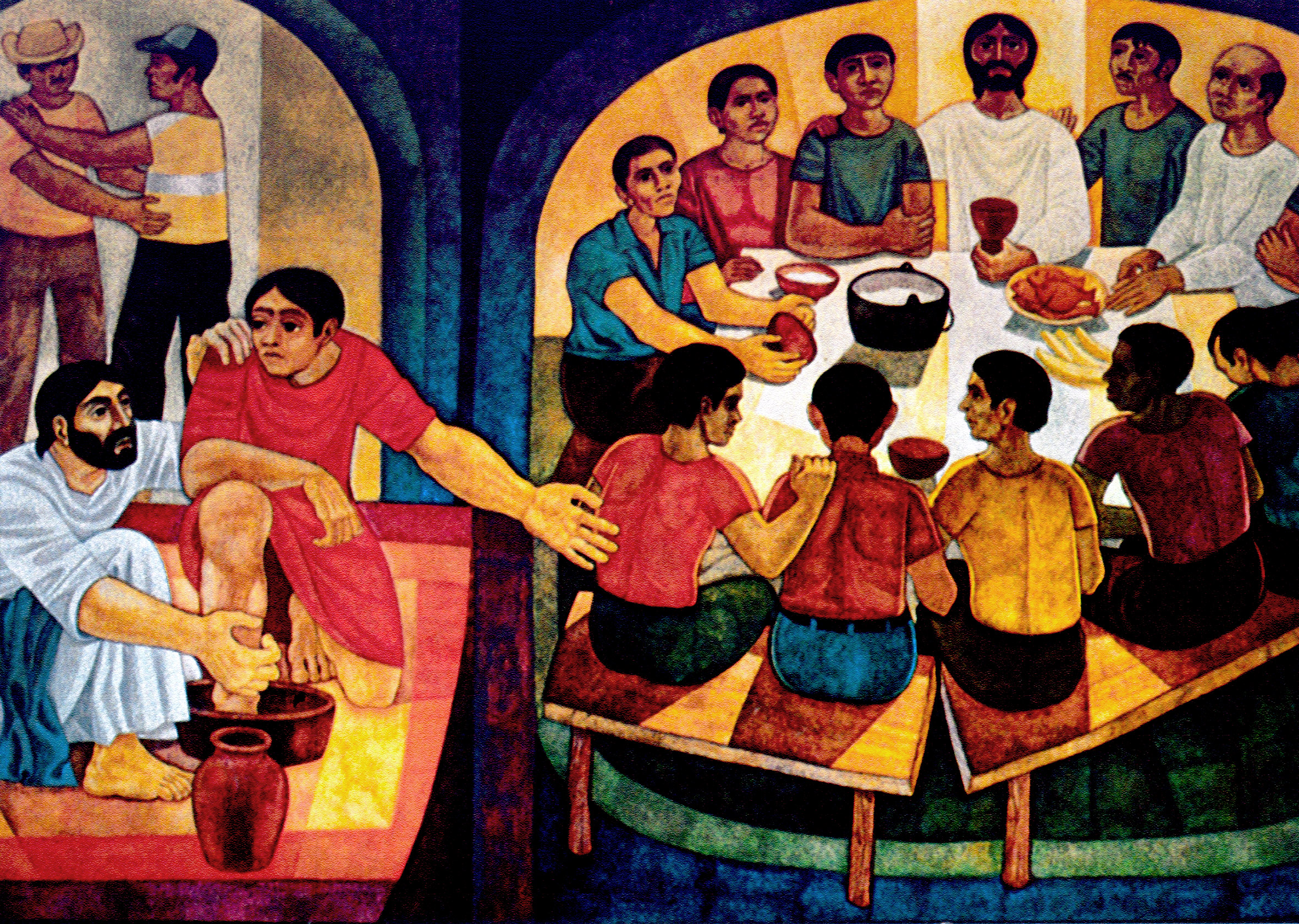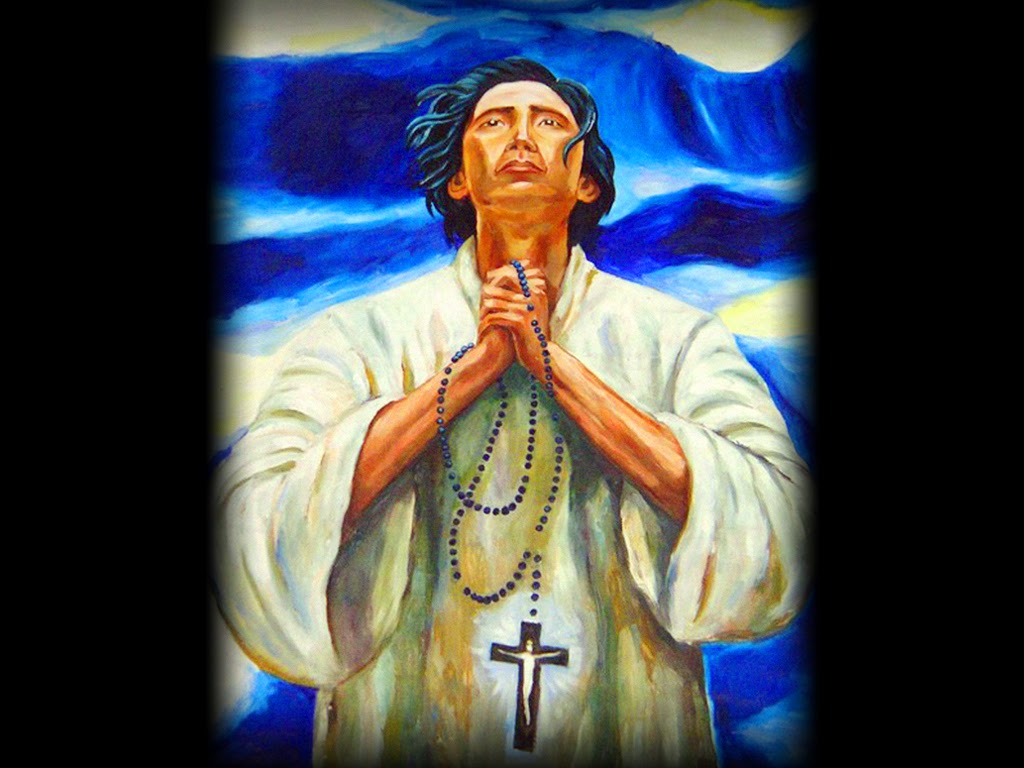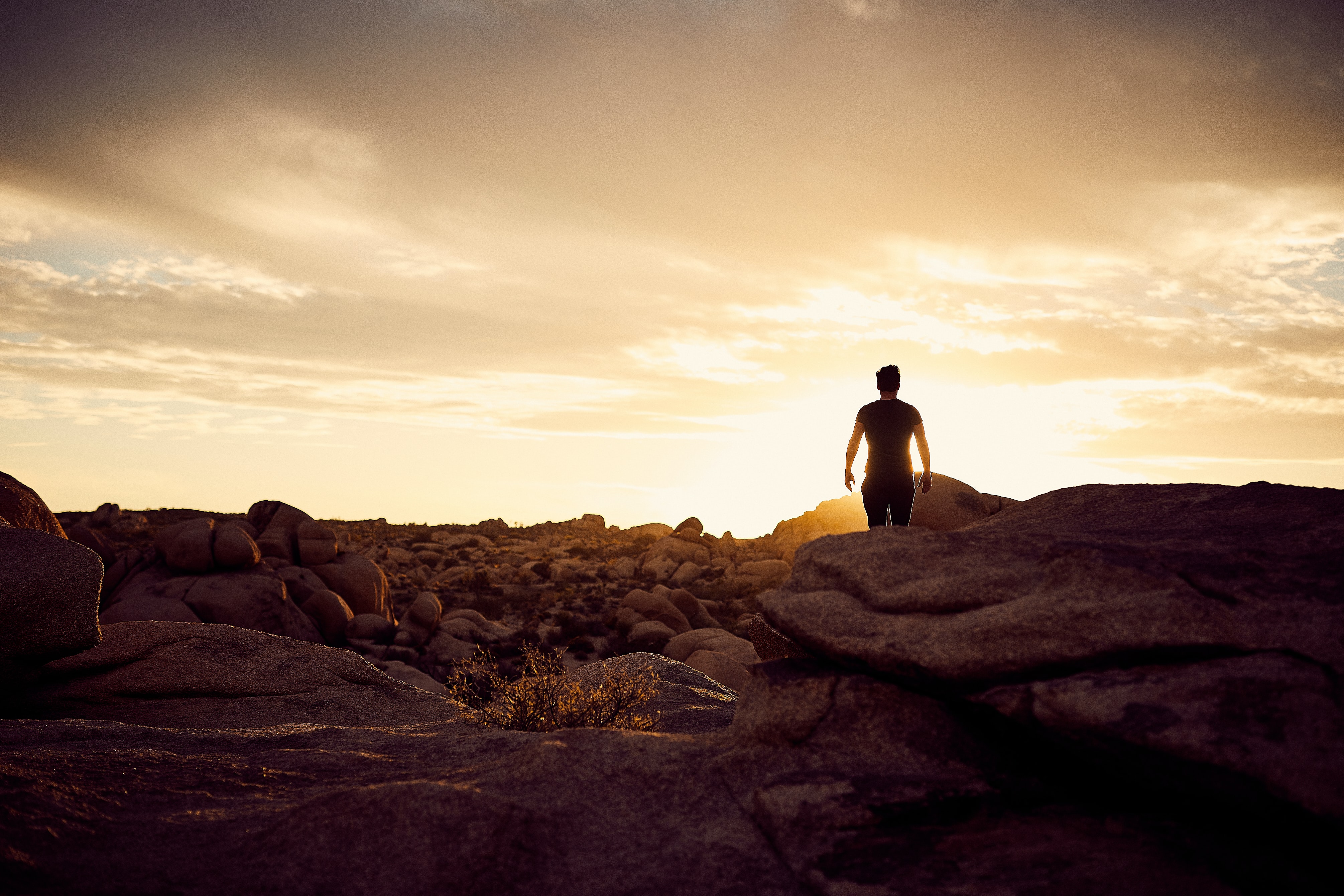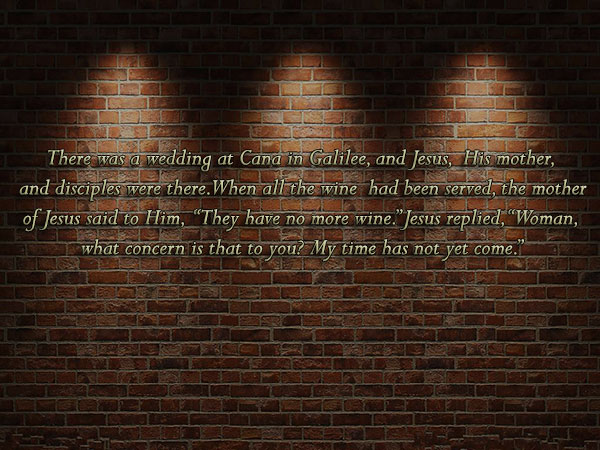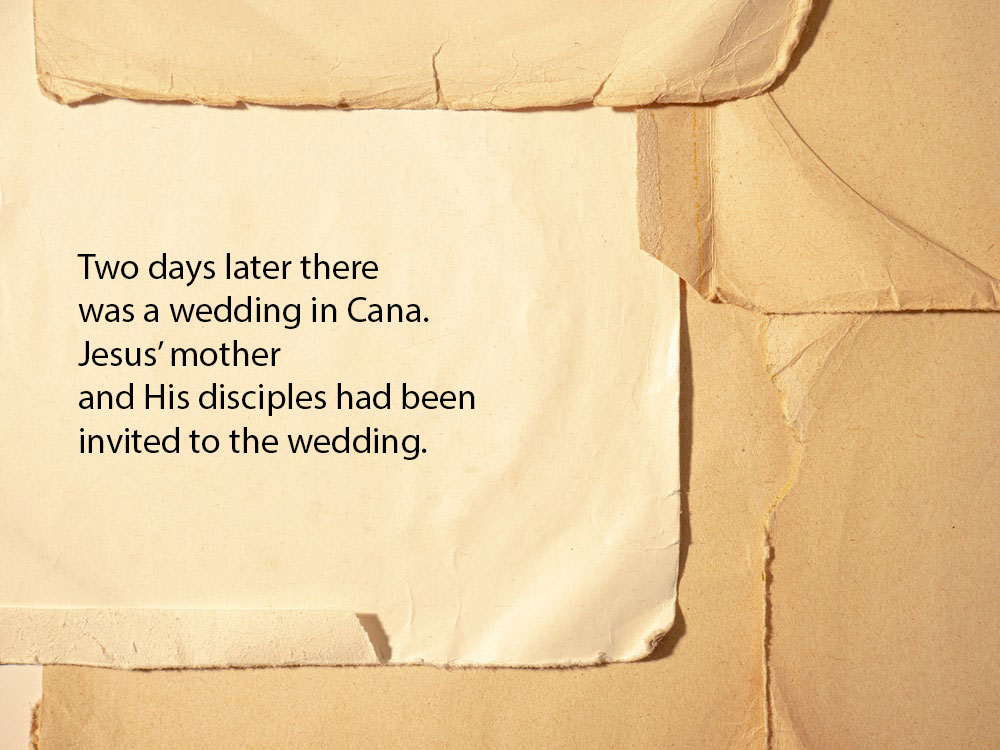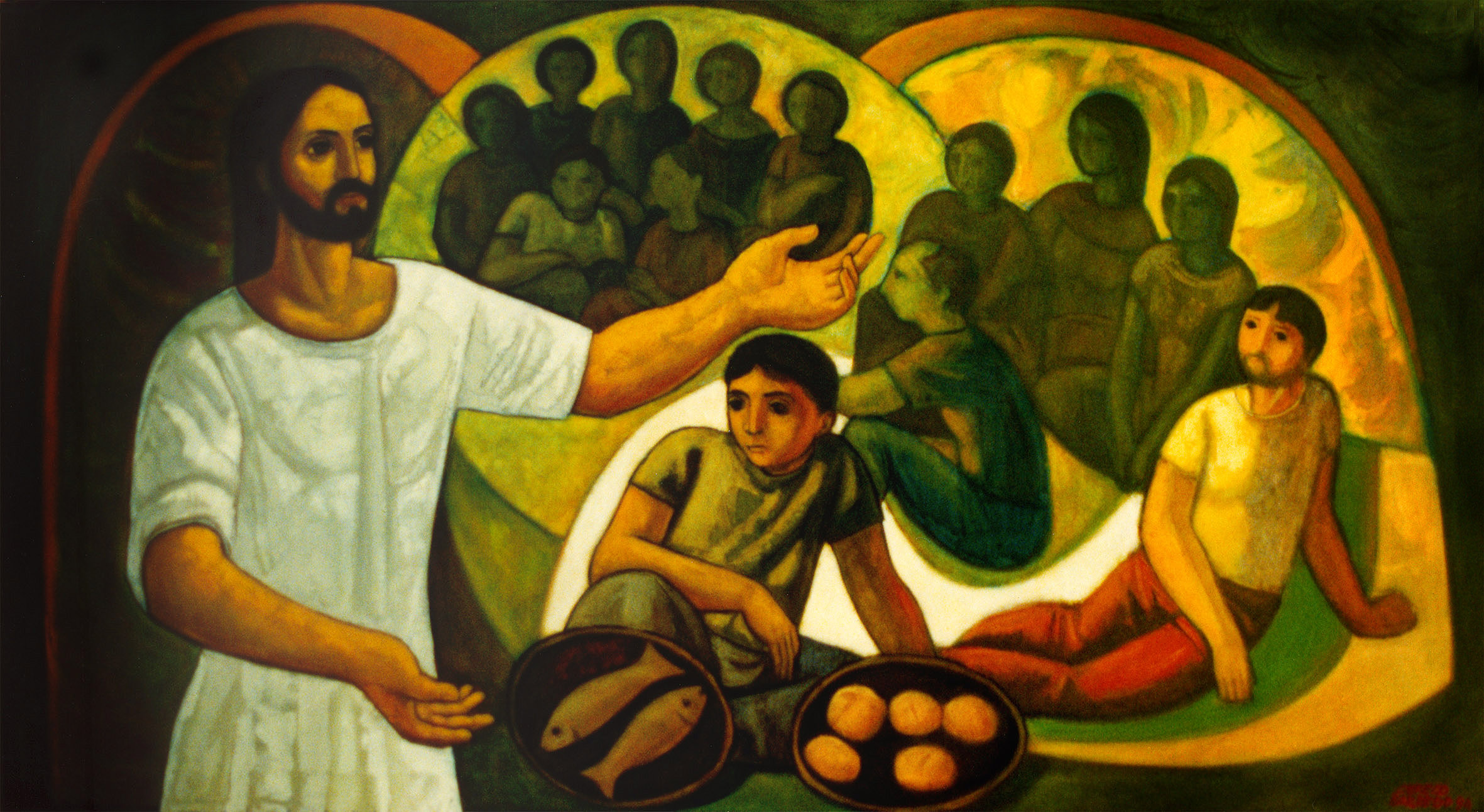
When a massive earthquake devastated the city of San Francisco in 1906, Dorothy Day who was only 9 years old at the time, witnessed humanity’s capacity to rise up and care for their neighbors and strangers in need. This crisis and the events that followed clearly had a lasting impact on her and her life’s work as she herself would later spend much of her adult life helping the poor and the oppressed. She later wrote in her autobiography, the “The Long Loneliness,” what she distinctly recalled witnessing on the days that followed the earthquake:
“While the crisis lasted, people loved each other. It was as though they were united in Christian solidarity. It makes one think of how people could, if they would, care for each other in times of stress, unjudgingly in pity and love.”
What crises like the 1906 earthquake, or the global pandemic, or even then the recent devastating typhoons and natural disasters illustrate is that human beings are fully capable of compassion and often choose compassion when granted the opportunity. In times of crisis, humanity’s tendency is to rise to the occasion in solidarity with others. We often hear about the negative headlines but there are also many stories of compassion and cooperation that don’t get talked about.
During the global pandemic, we witnessed countless signs and stories of solidarity and compassion popping up in every corner of the globe. People being kind to one another. Healthcare professionals putting their lives on the line to care for the sick and the dying. The young and the healthy making the effort to reach out to the older generation in many different ways, like running errands for them and sending them notes. An Italian priest giving up a ventilator for another patient. This crisis has, in some way, served as a reset button for us to re-think and rediscover our sense of community. Such event makes us realize the message of Saint Paul that we truly are one: “if one part of the body suffers, all the parts of the body suffer” (1 Corinthians 12:26).
Compassion Builds Our Resilience
Crises like the 1906 earthquake, the COVID pandemic, and natural disasters often give us a window into humanity’s capacity and capability for true compassion. It is hard to fake kindness in times of crisis. We can choose compassion and cooperation when granted the opportunity, even when that opportunity comes at the worst of times. The most challenging crises call us to muster up the best of our humanity in order to rise to the occasion and put our compassion into action. Kindness makes us human. Compassion makes us feel alive and can keep our species alive.
Crises have the power to illustrate for us that our relationship with one another is truly interdependent. In the concept of Christian community, our existence is defined by our relationships. We are children of God and we are brothers and sisters in Christ. Just like the Father is a father in relation to the Son, and the Son is a son in relation to the Father. And the Father and the Son are one. Jesus prayed that we, too, may be one, just like He and the Father are one (John 17:22). And though there are many different parts, they all form one body. So it is with Christ. For in one Spirit we were all baptized into one body, whether Jews or Greeks, slave or free, and we were all given one Spirit to drink (1 Corinthians 12:12-13). There should be no division in the body, but that its members should have mutual concern for one another. If one part suffers, all the parts suffer with it. If one part is honored, all the parts share its joy (1 Corinthians 12:25-26).
View from Above
Astronauts who get to view the Earth from space often describe our planet as stunning, tiny, and fragile. It’s called the “overview effect” in which there is a profound cognitive shift in their awareness of the sobering reality of our place in the universe, our smallness and our connectedness. Pausing to reflect and recognize our smallness, our interconnectedness, presents an opportunity for us to come to the same profound realization of life’s fragility, of how connected we truly are to one another, to God’s creation, and to God. But all of it is also inherently altogether a stunningly beautiful reality. Life’s fragility and our vulnerability call us to rise up, come together, and define what humanity is.

BJ Gonzalvo, Ph.D., is a psychology researcher whose focus is on retracing the indigenous roots of his core value of kapwa to help reframe and rediscover the sacredness of our interconnectedness. His writing, where he often integrates culture, psychology, and spirituality, has appeared in Northwest Catholic, Busted Halo, FilCatholic, and Mind & Spirit. He is the author of several books including Lead Like the Saints, Gift of Kapwa, and Music: The Art of Togetherness.


